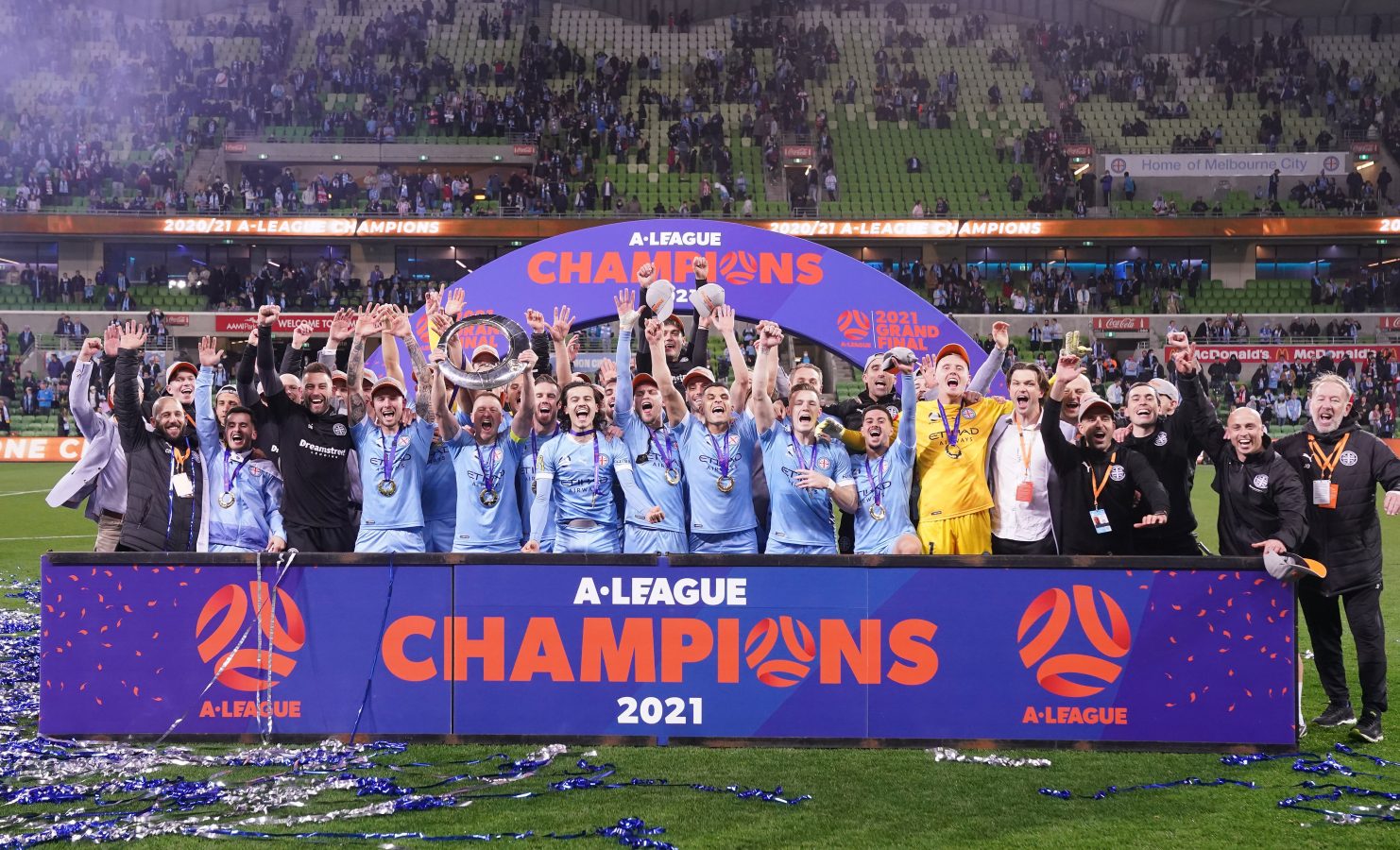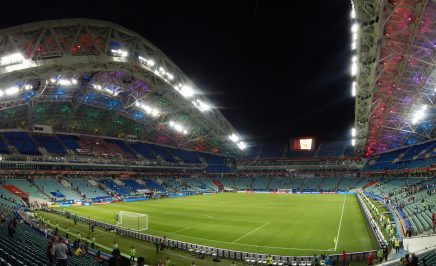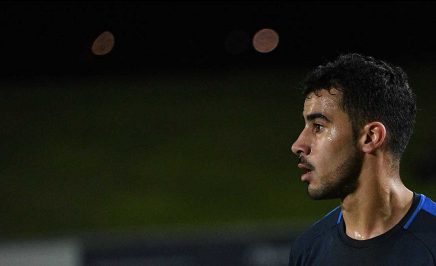What is sportswashing?
“Sportswashing” is where states guilty of human rights abuses invest heavily in sports clubs and events in order to rehabilitate their reputations. Owning a sports club or hosting an event creates positive publicity and can help airbrush over human rights violations in the country.
Last year, Amnesty led a campaign in the UK to oppose the purchase of Newcastle United by Saudi-led investors over such concerns, and we are currently campaigning for Qatar to respect workers rights in the lead up to them hosting the 2022 World Cup.
What’s that got to do with Australian Football?
Sportswashing is not new, and it’s not unique to Australia. However, in Australia’s premier football competition, the A-League, five of the 12 clubs are foreign-owned or controlled. The competition has few requirements for public transparency, so the financing behind the clubs is often obscured. On top of that, the sports peak body, Football Australia has not signed onto FIFA’s human rights policy.
The case of Melbourne City
Current A league champions Melbourne City are owned by City Football Group, the sports investment company of Sheikh Mansour bin Zayed Al Nahyan, a member of the royal family that rules Abu Dhabi, the capital of the United Arab Emirates. City football group also owns premier league giants Manchester City, MLS club New York City along with other clubs in Japan, Uruguay, Spain, China, India and more.
What’s that got to do with human rights?
Amnesty has expressed concerns over human rights in the UAE, including the silencing and imprisonment of those speaking out in opposition to the ruling family, the rights of women, LGBTQIA+, and the exploitation of migrant workers. The UAE royals are using the positive image associated with the City football clubs to repair their reputation, and divert attention away from human rights violations.
What needs to happen?
For a start, Football Australia must sign on to FIFA’s human rights policy. It’s hard to understand why they wouldn’t do this, unless it’s because they want to protect the investments of clubs whose owners have questionable human rights records. Human rights must be respected in sport, and clubs should be run in the interests of their fans, not in the political interests of their wealthy owners.




